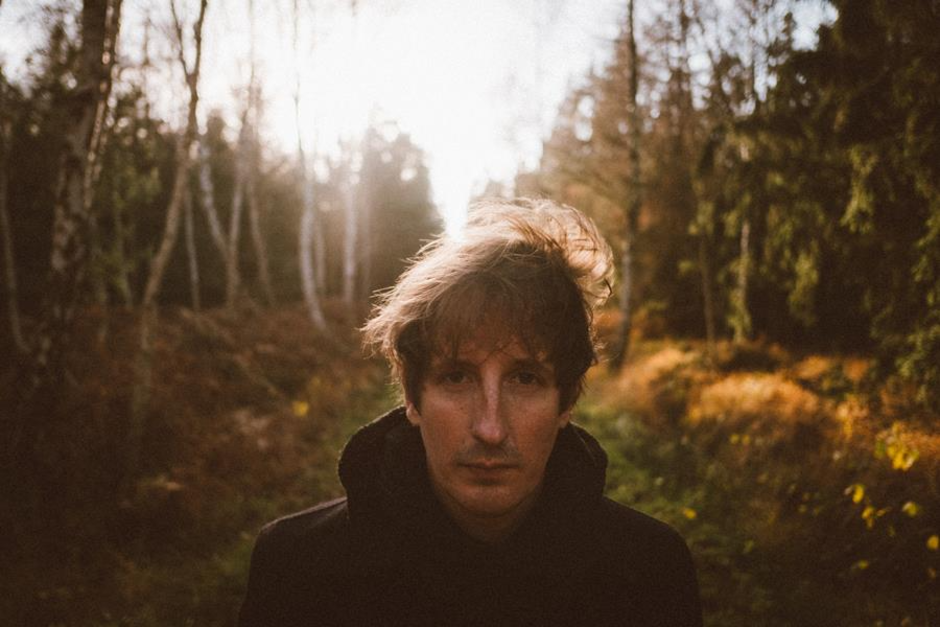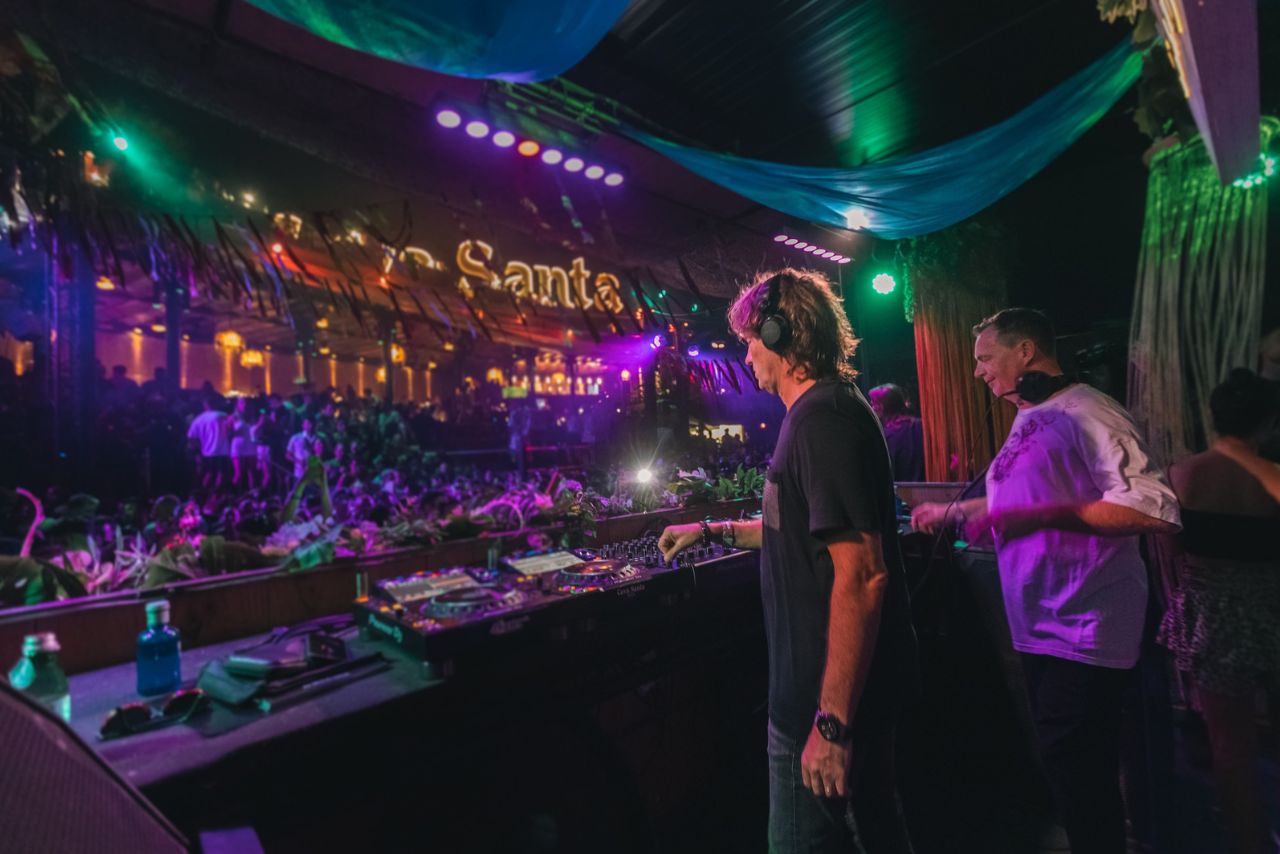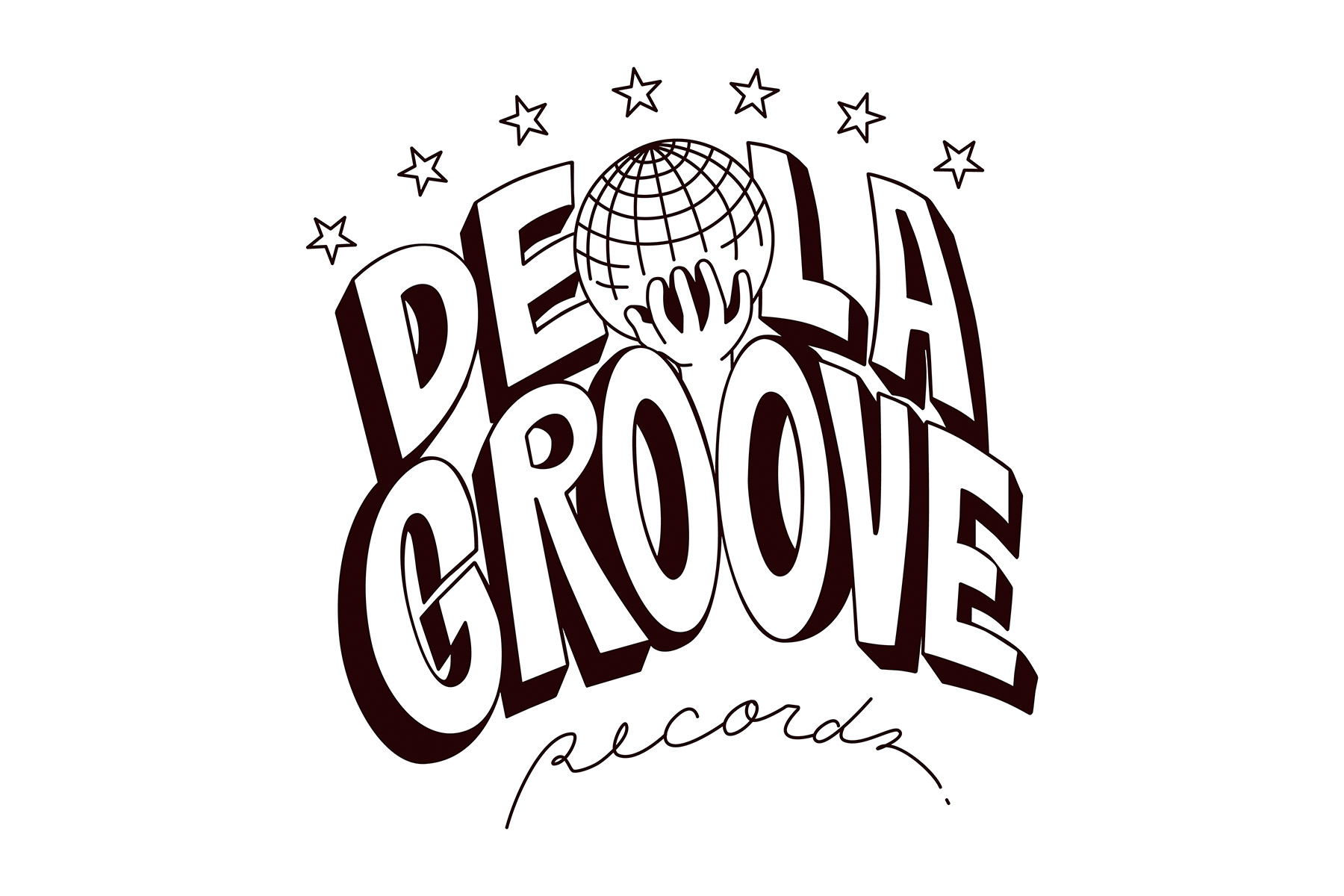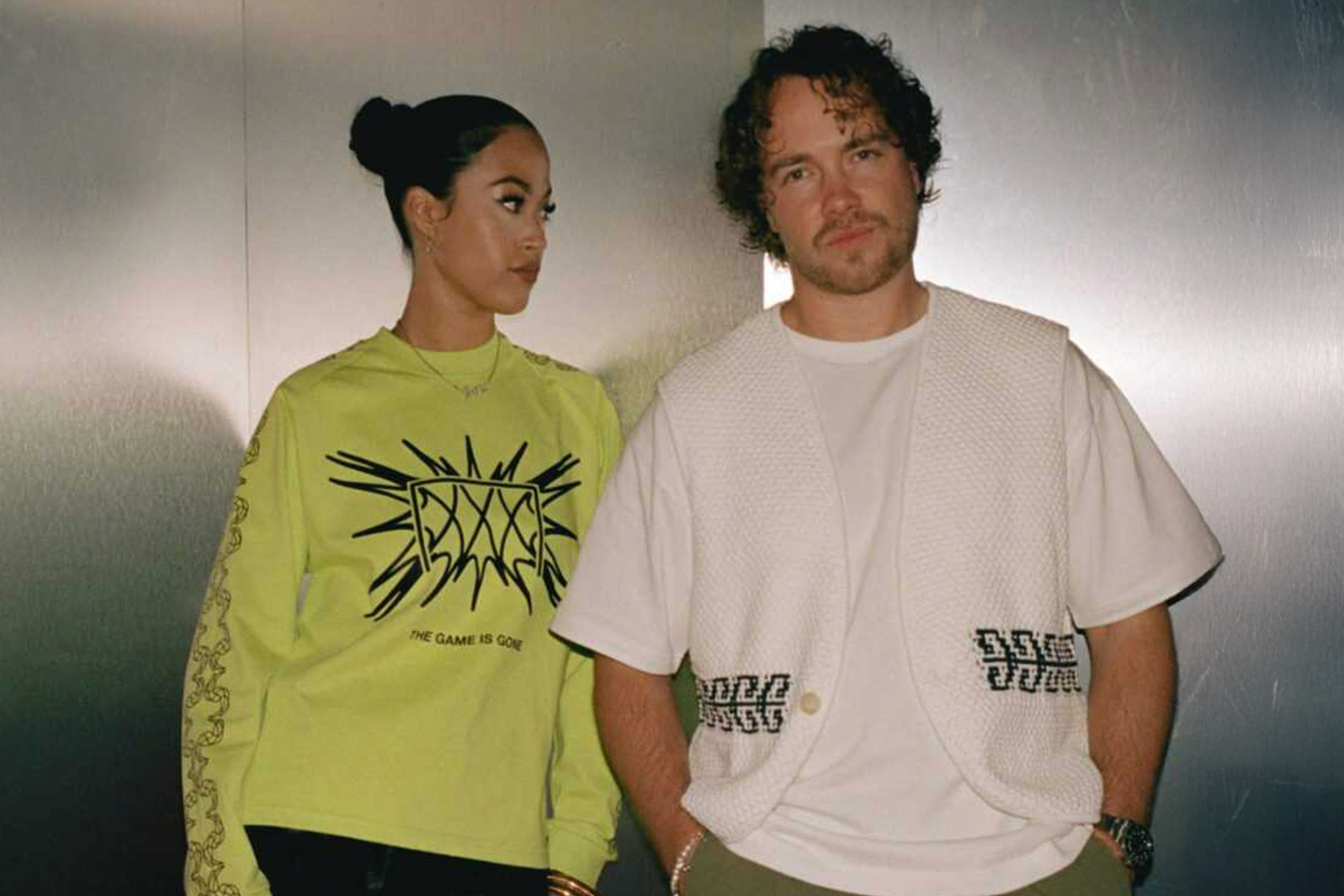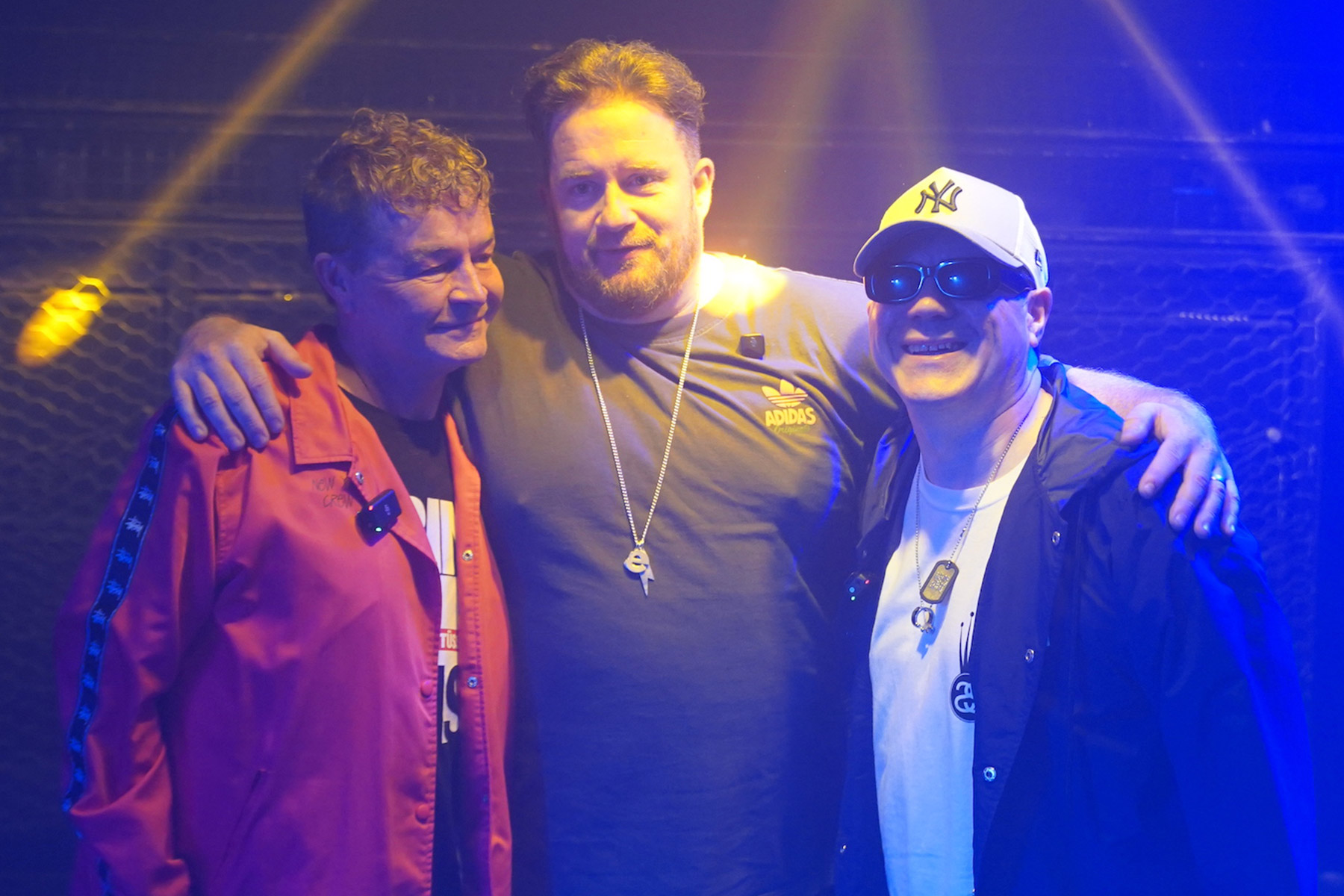Like the 18th century romantic painter Caspar David Friedrich, the producer and composer Christian Löffler with his creations draw landscapes where the human is situated between heaven and earth. When contemplating this metaphorical landscape created by tracks such as ‘Parsifal’, ‘Dir Jehovah’, ‘Nocturne’, or ‘Funebre’ from ‘Parallels’ (2021) the subjective and the sensible world is revealed to us and we can only transcend.
Christian Löffler is on tour presenting his latest creations ‘Lys’ and ‘Parallels’. Ahead of his presentation in Barcelona this November 26th, we sit down with the artist to interview him and ask him about these monumental creations that have come straight to our souls.
EG: Hi Christian, thank you very much for your time, and welcome to EG! First of all, we would like to know a little more about ‘Parallels’. This album is an experimental electronic tribute to Beethoven, and stems from an experiment with Deutsche Grammophon’s Project Shellac – a collection of digitized material restored in an initiative in collaboration with Google Arts & Culture. How did this idea come about?
Christian Löffler: Thanks for the invite. Deutsche Grammophon approached me and asked if I might be interested in reworking material of the old masters that have been digitized. At that time I just finished the work on ‘Lys’ and was about to get ready for my album tour. But, as you know, everything came to a stop and I had a lot of time at home in the studio. So it was actually a very lucky coincidence.
EG: When you started listening to Beethoven, how did he come into your life?
Christian Löffler: To be honest, before the Shellac Project, I hadn’t been listening too much to Beethoven. Of course, I was aware of his most iconic works but I never really sat down before and listened only to his music. So what really touched me was when I had a deeper listen. While working on the material I found so many beautiful and interesting moments that weren’t the most famous compositions. There is so much to discover aside from that.
EG: Regarding the creative process, how long have you been working on this? Could you tell us what one day in your studio is like? What about your favorite machines and instruments?
Christian Löffler: I started the work on this in March of 2020 and finished in September. The most challenging part was the beginning. Deutsche Grammophon gave me more than 40 pieces and had the chance to choose anything that interested me. But, of course, that was difficult as there was so much music and many pieces are over 10 minutes long. Also, I had to find moments that interested me but also had open space for me to add my own sounds and ideas. Generally, I was working with single file stems for each piece. So I had nothing like separated stems, it was always the whole orchestra playing which made it even more difficult.
So I closed my eyes and listened to the material over and over and took notes of moments and parts that caught my attention. After that, I had the selection of pieces to work on and sat down in the studio playing along on the piano to find melodies that could possibly transport the original into my own musical cosmos.
On this record, I was working mostly with the Elektron Rytm and Digitakt for drums and rhythms and the Prophet, Minimoog, Polysix, and NordLead for synths.
EG: We have recently read this statement of yours; ‘Listening to the recordings, the idea came to me that Beethoven’s music was actually very human and accessible (…)’. Which other composers are fundamental to you, or continue to inspire you?
Christian Löffler: Just recently I worked on something based on a piece by Satie. He is also a composer that constantly inspires me to new ideas. Apart from that, I’m a big fan of Chopin and Bach, to name a more traditional creator.
 Photo Credit: Brian Zajak
Photo Credit: Brian Zajak
EG: In ‘Parallels’ and its 10 compositions we recognize the supremacy of feelings and subjectivity, would you agree? What would you add?
Christian Löffler: I think that lies in the nature of music. I’m interested in these intimate, sensual moments. That’s what I was looking for while going through the material. I wanted to transport it into my own musical world without losing its original idea but adding something new that takes it to a different level. You could say that I was trying to dig for notes that led to my universe.
EG: Beethoven expressed this phrase ‘Music is a revelation greater than all wisdom and philosophy’. Suppose you could travel back in time…if you would have met Beethoven, what would you have liked to ask him?
Christian Löffler: I would definitely agree. I experienced unbelievable moments of joy and unity while traveling the world and playing music. I’m also interested in other art forms and I’m also a painter, for example, but music is the most accessible form. If I could go back and meet him in person I’d probably just ask him if I can sit down and watch his process while working on new music. Of course, it was way more theoretical, especially in the phase he was losing his hearing. But I bet there would be so much to discover and I’m just curious about that.
EG: We are very happy and grateful for your time, and we wish you all the best. Thank you for the gorgeous music Christian!
Christian Löffler: Thank you so much for the great questions and for having me!
Christian Löffler is currently on tour. Check out his dates and purchase your tickets here.
Follow Christian Löffler: Website | Facebook | Soundcloud | Instagram

